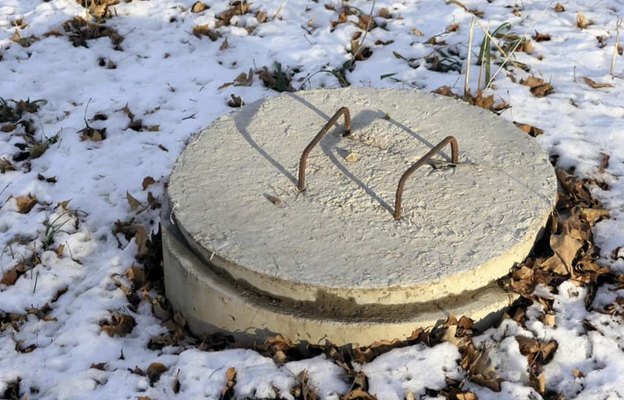Your house’s septic system relies on bacteria and natural processes. Temperature and weather can also have an impact on this process. The process of septic systems can be slowed down by cold weather. Let’s look at this in detail and see what you can do for your system to function as it was designed.
How Bacteria Works
Your septic tank is full of anaerobic microbes. They thrive in healthy tanks. Your waste is their only food source. The bacteria eat and digest the wastewater as soon as it enters the tank. The bacteria then convert solid waste into liquids and gases. They are responsible for more than half of the decomposition in your system, believe it or not. They do all this without you even being able to see them. They will continue to work as long as they’re healthy. Healthy bacteria is a delicate balance that can be altered by chemicals, too much water, or cold weather.
How cold weather affects your septic system
You might be wondering why we wrote an article on cold weather in Central Oregon. The truth is that temperature can affect your septic system. The bacteria’s ability to eat decreases when the tank temperature falls below 70 degrees. The temperature should be at least 95 degrees in most cases.
What happens when it drops below 70 degrees Celsius? The tank and drain field are two of the most affected parts of your septic system. The soil can become denser and harder as temperatures drop. The drain field may not be able to take as much water from warmer weather. Additional water around the tank can cause problems, especially in the event of storms that we experience every rainy season.
This post was written by Tanner Brown. Tanner is the Owner and operator of Greenbar Excavation. Greenbar Excavation is a fully licensed, insured, and accredited Excavation company based in Prineville, Oregon. Greenbar Excavation is one of the top companies for Septic pumping in Redmond Oregon. Don’t look further, go with the company with your best interest in mind!




